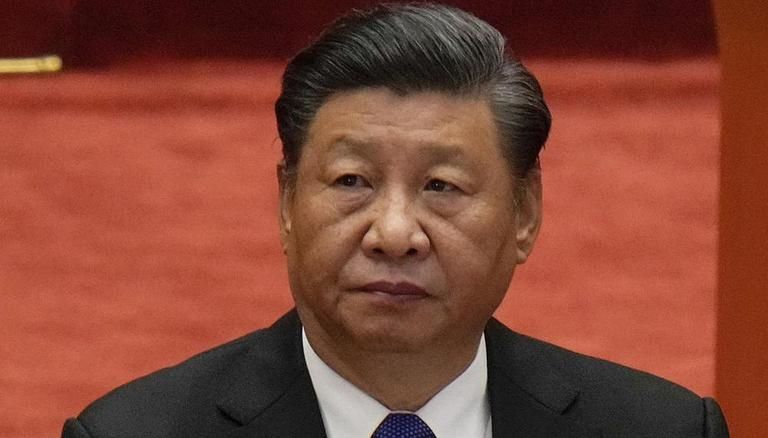Is China’s coal strategy a threat to Climate changes?
The recent (Mar 05) National People’s Congress addressed by President Xi Jinping underlined
the importance of coal as a strategy for the energy crisis. Xi Jinping called for investments in
coal technologies in favour of coal mining enterprises. Breaking the promises he had made for
climate goals, the President stated that the country could not simply introduce bars on coal
production.
President Xi’s declaration about coal output enhancement would pose a threat to the global
community. There are major reasons why the Chinese government’s prejudice towards coal could
be a crisis for the country and globally.
China accounted for 33% of CO2 emissions globally in the year 2021. In between the year 2019
and 2021, C02 emissions increased by 750 million tonnes. Coal remains the main reason for
increasing CO2 emissions. Electricity demand has grown exponentially in China over the years.
To sustain the demand, Beijing increased coal production.
The Chinese government has developed coal as their main energy source.Around 50% of energy
consumption in the country is utilized from coal. Being the pertinent carbon content fossil fuel,
Coal is widely considered as their vital strategy. China poured a significant amount of money in
other countries for developing coal power infrastructures.Burning coal comes at a greater cost for
the environment. Too much dependence on coal for construction and allied activities has also
become a cause of concern in the country.
Consequently, Beijing witnessed a rise in pollution due to burning of the fossil fuel.It is pointed
out that one of the main factors attributed to air pollution is coal combustion.Around this time
schools were closed in the city and outdoor activities were restricted. The fact remains that coal
production was substantially increased at that time after a decline in supply chains owing to the
energy crisis and emission cuts. Authorities tried to blame the weather conditions for the
pollution. However, coal production activities was the primary reason for the pollution
damages1
.
China was also facing the highest number of coal mining accidents in the world. Recently in the
month of February 2022 an accident at a coal mine in Guizhou Province killed 14 miners 2
. Due to safety issues there have been concerns to close down the coal mines with annual capacity of
below 300,000 tonnes. But it seems that the government was only occupied with boosting coal
production regardless of damages to the lives of workers. Official data suggests at least 3200
people may have died in Chinese mines in the year 2008. Reasons for these accidents include
non compliance of safety regulations, illegal mines, poor security measures and absence of
proper supervision in the mines.
The Paris Climate agreement intends to contain global warming to 1.5 degree Celsius. But the
Chinese government’s objective to run the coal plants at full capacity is not to be seen as a
positive note for the climate goal. When countries have restricted their coal capacity by 8.1
gigawatts in 2018 – 19, China accumulated 43GW to their capacity3
.In the UN Assembly last
year President Xi Jinping suggested zero carbon emissions by the year 2060. But researchers
suggest China needs to decarbonize faster than their predicted timelines. Because by 2060 China
could significantly raise carbon emissions and damage the climate around the world.
In January 2019, China Meteorological Administration had submitted a report which highlighted
major reasons for severe climate changes in the country. The study reported that flooding, sea
level rise, extreme weather were the risks related to increasing coal production. However,
Chinese authorities reliance on coal as their strategy for energy crisis reveals that they had no
plans for reformation. Beijing’s actions would impact globally with multiplying effects on
climate and environment. International forums have a moral obligation to pressurize Beijing for a
carbon neutral policy for the betterment of the world.











